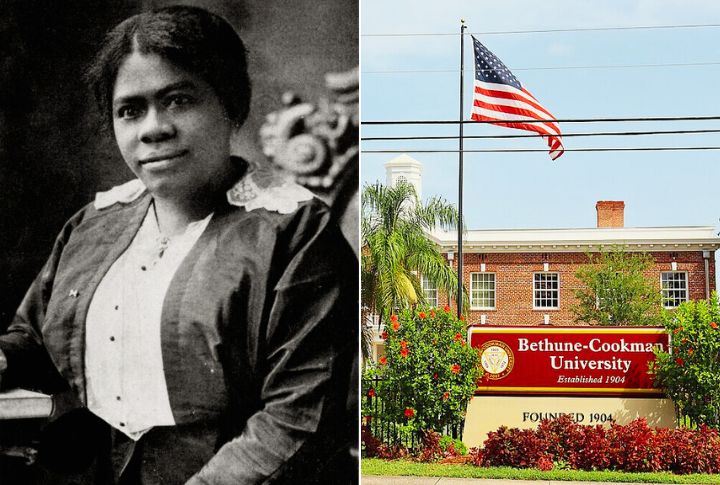
They built schools, fought barriers, and sparked movements—all before most people even knew their names. With determination and courage, these women transformed education for generations of Black students, proving vision and grit can change history. Their stories are a powerful reminder that real legacy is earned, not given. Read on to know more about them.
Nannie Helen Burroughs: National Training School For Women And Girls

Burroughs opened her Washington, D.C. school in 1909 to equip Black girls with both academic and vocational skills. She even boldly refused white funding to keep control. Students there learned public speaking, typing, and bookkeeping—all guided by the school’s daring motto: “We specialize in the wholly impossible.”
Lucy Craft Laney: Haines Normal And Industrial Institute

Starting with just six students in 1883, Laney built a thriving Augusta school that would enroll over 800 pupils later. She introduced the city’s first kindergarten and nursing programs for Black women and helped launch the local NAACP chapter in 1917. Her vision reshaped Southern Black education.
Sarah Ann Blocker: Florida Baptist Institute / Florida Memorial College

Blocker co-founded a Florida higher-ed institution for Black students and played a key role in merging rival schools to build a lasting legacy. A strong advocate for Christian values, she mentored generations of Black educators and remains honored by the university she helped create.
Charlotte Hawkins Brown: Palmer Memorial Institute

In 1902, Brown opened North Carolina’s first Black woman–founded school: a finishing school for Black students. The Palmer Institute emphasized liberal arts and a holistic approach to education. With support from both Black and white donors, it produced leaders who shaped communities across the nation.
Jennie Dean: Manassas Industrial School
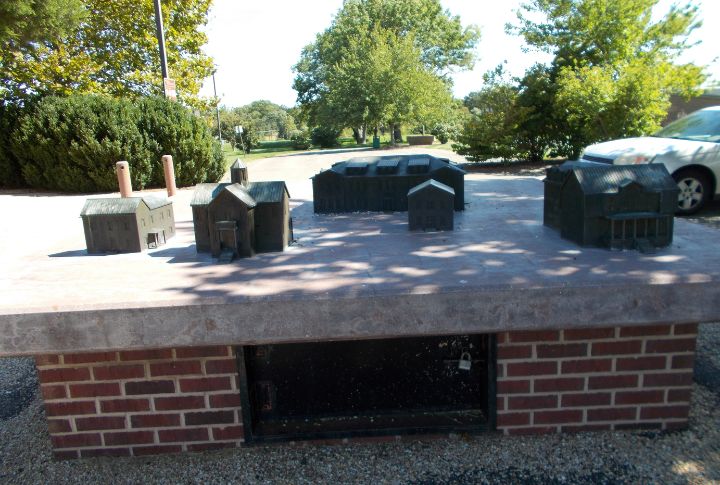
Virginia’s Manassas Industrial School opened in 1893 thanks to Dean’s unshakable determination. She worked menial jobs while fundraising through national speaking tours. Her school focused on vocational training, offering practical instruction in farming and trades to help Black youth build skills for independence.
Eartha M. M. White: Bayard Colored School, Florida

Before becoming a humanitarian icon, White established the first public school for Black children in Bayard. She donated land, built the facility, and taught for 16 years. In segregated Florida, she offered not just education but also helped with character development for the future.
Mary McLeod Bethune: Bethune-Cookman College
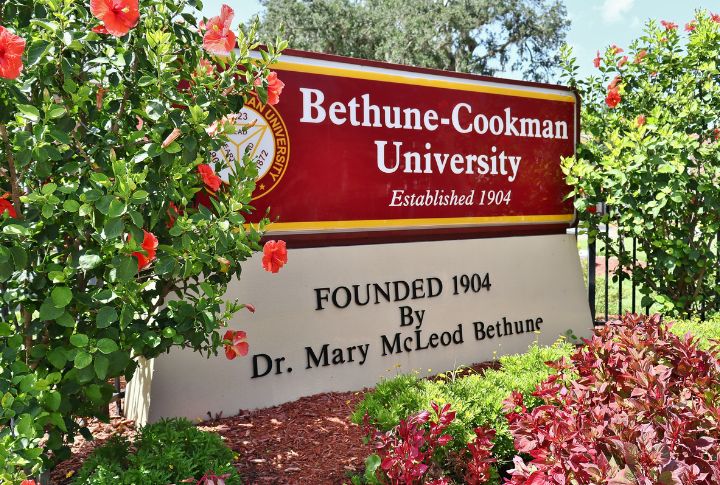
In 1904, Mary Bethune founded a school for Black girls in a tiny $11-a-month house beside a garbage dump. That humble start grew into Bethune-Cookman University. She later advised five U.S. presidents and even helped shape the United Nations charter.
Violet T. Lewis: Lewis College Of Business

Lewis didn’t wait for permission; she launched her business college in 1928 with a $50 loan. The school later expanded to Detroit, becoming Michigan’s only HBCU. To grow enrollment, she even hosted her own radio show, “Negro Melody Hour,” and marketed the college with grit.
Cornelia Bowen: Mount Meigs Colored Institute
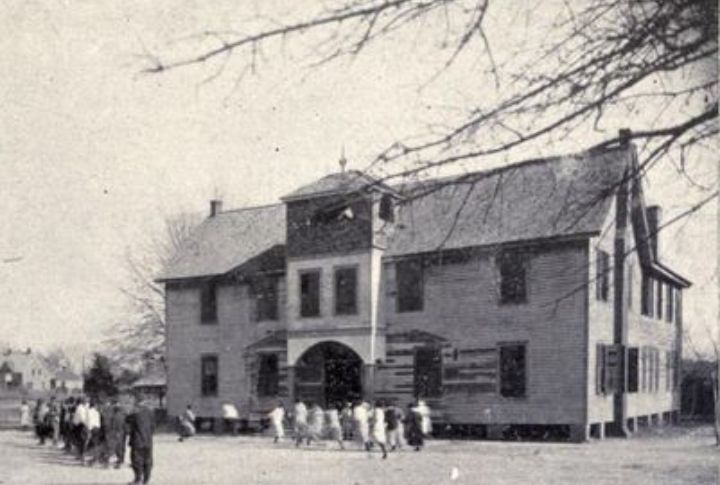
After graduating from Tuskegee, Bowen founded the Mount Meigs Institute in 1888 to educate rural Black youth in academics, trades, and values. She didn’t stop there—she later opened a reformatory for boys and broke ground as Alabama’s first woman to lead its Negro Teachers Association.
Harriet Jacobs: Jacobs Free School
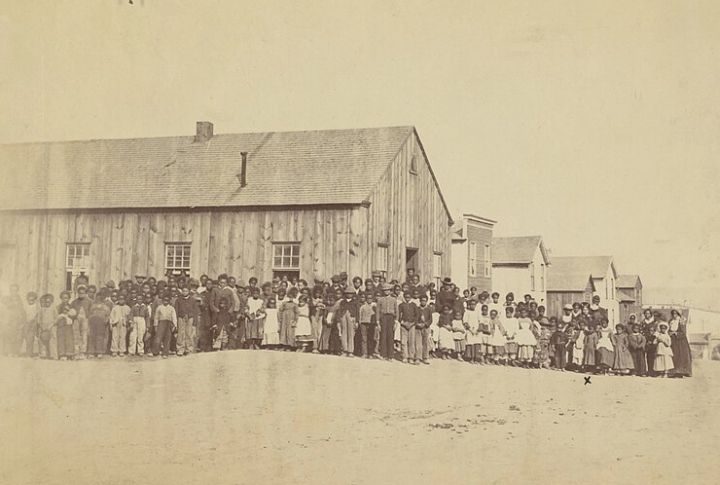
After escaping slavery and publishing her groundbreaking memoir, Jacobs opened a school for freedpeople in Alexandria, Virginia, in 1864. She raised funds, secured a building, and taught alongside her daughter. In a war-torn city, Jacobs gave newly emancipated families the tools to rebuild their futures.

